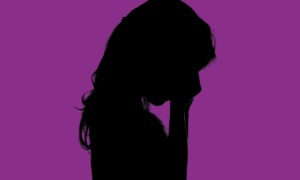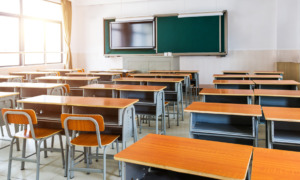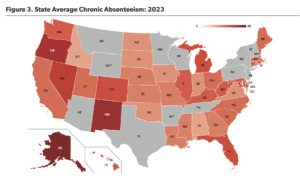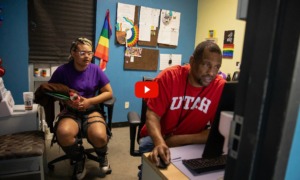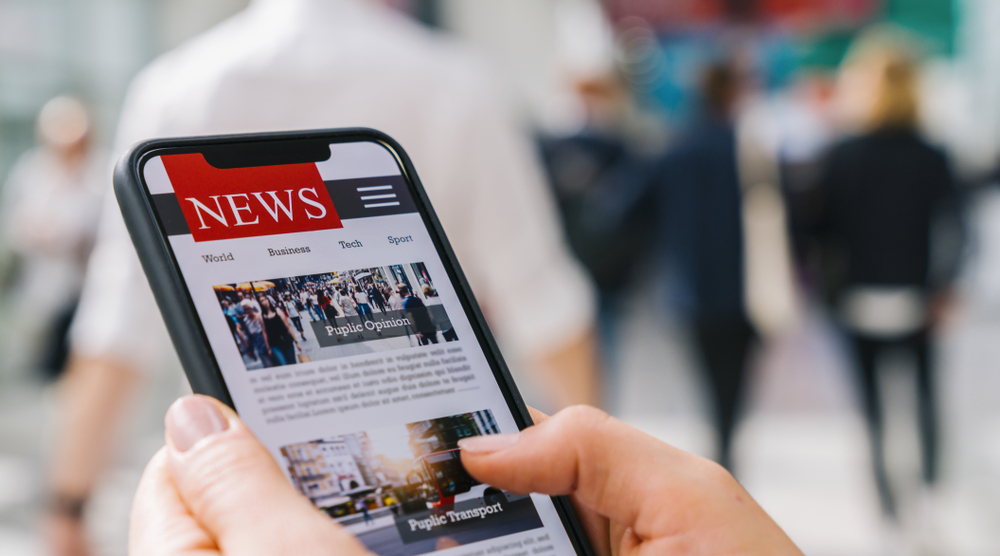
r.classen/Shutterstock
.
Anyone who has worked in a newsroom knows that the way people consume news has changed dramatically over the past decades. When I was growing up in New York, my mother used to have a subscription to the New York Daily News that would be left on our doorstep every morning. She preferred reading the news over watching it on cable television.
Personally, I read a mixture of news on the internet and watch CNN. Nowadays, whenever there is breaking news, online publications and television news shows are flooded with stories about what is happening. Although this allows the reader a variety of options, it can sometimes be overwhelming and facts can vary from publication to publication.
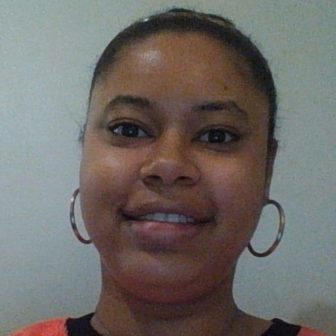
Deandra Mouzon
Sometimes differences in opinion can lead to what we call “fake news.” For example, when the coronavirus pandemic began, there were conspiracy articles written about how the introduction of 5G network radiation was the cause of people feeling sick from the virus. Although I was smart enough to differentiate between fact and rumor, it did make me wonder how young people in the disability community are consuming news right now.
Garrison Redd, who is 31 and lives in Brooklyn, N.Y., said that he typically does research online when he is looking for news about COVID-19. Garrison is a T12 paraplegic (thoracic spinal cord injury of midback), model, dancer and Team USA Paralympic Powerlifter who founded the nonprofit organization TheGarrisonReddProject. As a disabled rights advocate, he does work through his nonprofit to provide resources and assistance to people who are disabled while emphasizing the role adaptive sports can play in their lives.
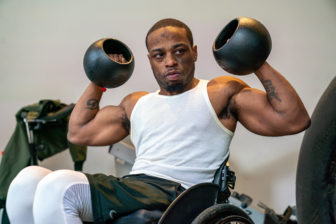
Garrison Redd
“I think COVID-19 has had a negative effect on children with disabilities,” he said. “It’s unfortunate, but many programs and camps [have] been canceled for the rest of the year due to COVID-19. These children typically depend on these programs to get a chance to be amongst others and gain new experiences.”
Katouche Goll, 22, has not left her London, England, home since March 4. She has been getting her news from social media and Apple News. As a member of Reclaiming Our Futures Alliance (ROFA) who lives with cerebral palsy (spastic diplegia) and Erb’s palsy, she uses her platform to “promote the visibility of black disabled people and promote inclusion.”
She said she does see a difference in how disabled people are experiencing the pandemic as opposed to able-bodied people. “I find that we are quite used to crisis. So we are adjusting better to the idea of a lockdown and social distancing. So many of us are unable to enjoy society the way others do because of ableism.”
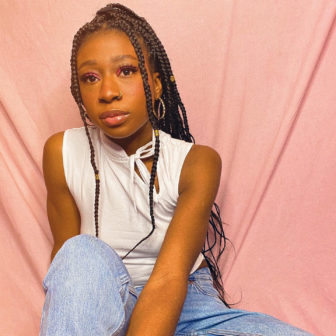
Katouche Goll
In college I learned how to be analytical about the news that I consume. Not everybody has been taught those skills, but with the internet and smartphones, just about everyone is consuming news in some way. Young people with disabilities, like everyone else, need reliable, trustworthy news sources to make decisions about things that affect them.
As I have written in previous columns, young people with disabilities have had unique challenges throughout the duration of this pandemic. They have lost the support of caregivers, they have lost their jobs and they have faced discrimination when seeking health care.
In these cases, the utilization of news is important and can mean the difference between getting needed support and being left to one’s own devices. Going forward, let us all be cognizant of how we are administering and absorbing the news that is out there.
If you would like to contribute to this column and share your story about life during quarantine with a disabled youth, email me at Deandra@csjournalism.org.
Deandra Mouzon is a Georgia-based journalist who received a B.A. in journalism from CUNY’s York College. Currently she is working on a publication about youth with disabilities.


